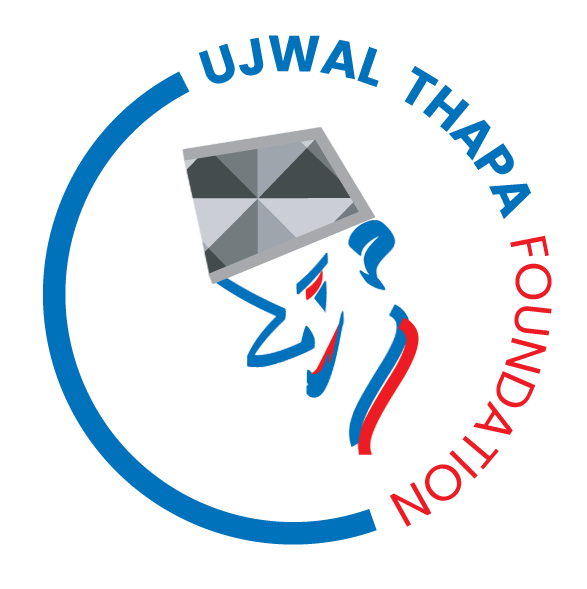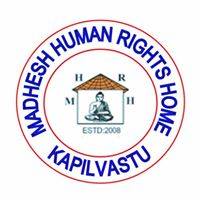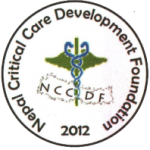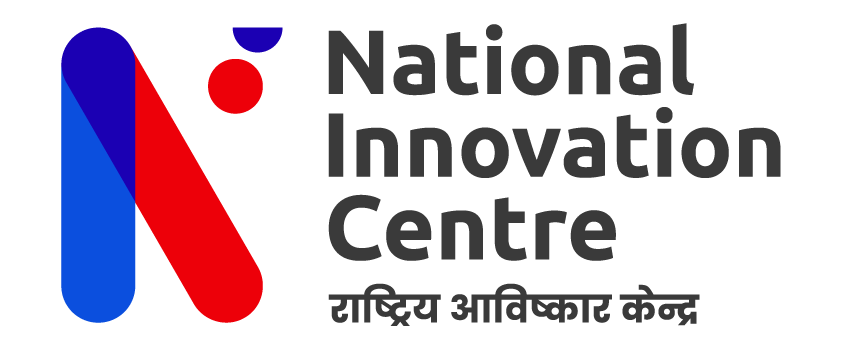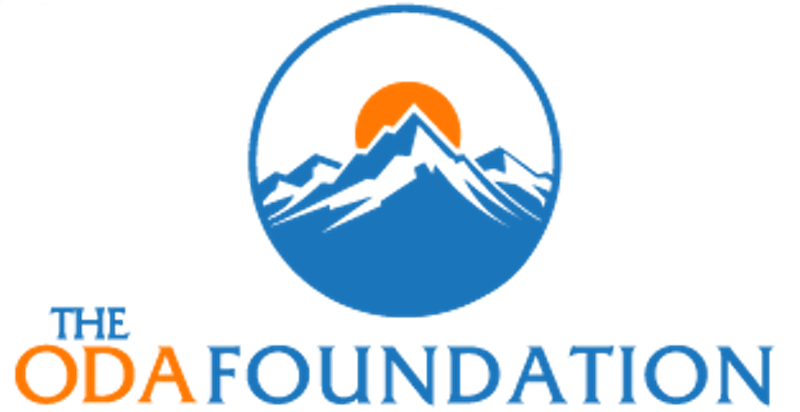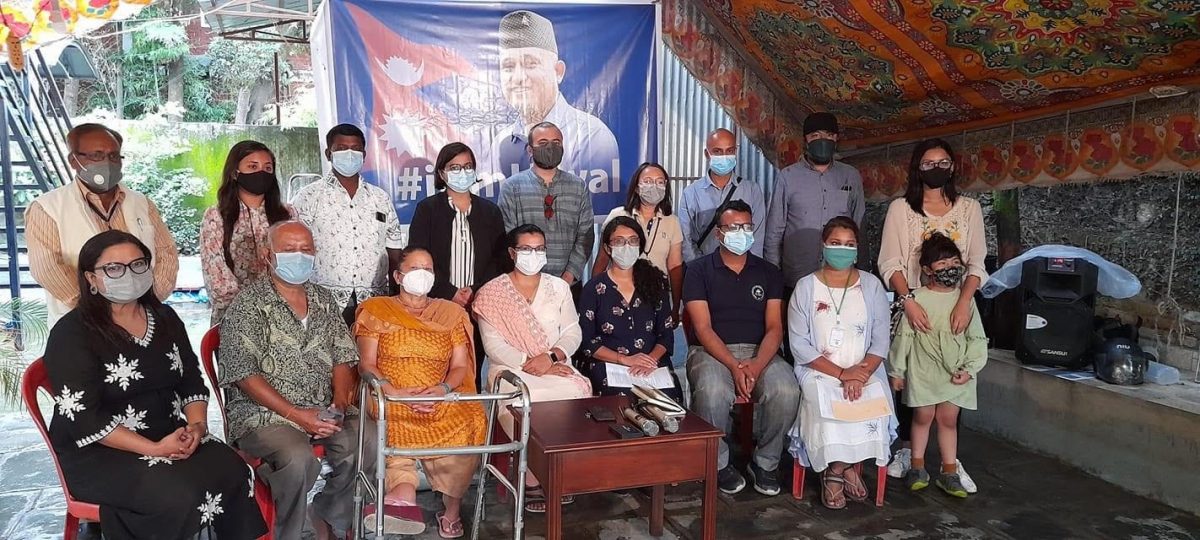
In May 2021, the generosity of people around the world raised NRs. 67,83,485.34 (Sixty Seven Lakh Eighty Three Thousand Four Hundred Eighty Five Rupees and Thirty Four Paisa) in support of Ujwal’s medical expenses. Ultimately, only around one-third of the financial contributions (NRs. 25,31,283.62, Twenty Five Lakh Thirty One Thousand Two Hundred Eighty Three Rupees and Sixty Two Paisa) were needed, and the family decided to give away, as Ujwal would have liked, the surplus funds to support more fellow Nepalis who are struggling with medical and livelihood difficulties related to COVID-19. A group of friends and associates supported the family in identifying and disbursing the surplus funds to seven organizations. A detailed report can be found in the Ujwal Thapa Treatment Funds: Transparency and Disbursement Report here.
The following are a list of the organizations and activities supported:
1. Bhore Nepal is a campaign-focused non-profit organization working, among others, for the upliftment of Musahar community members, who are among the most vulnerable communities in the Terai. In 2020, Bhore ran Covid-relief activities to provide food packages and medical services to the poor, especially to pregnant women.
Purpose: Distribute food and medical packages to pregnant and post-natal women in Sarlahi district.
Amount: NRs. 2,50,000 (Two Lakh Fifty Thousand Rupees)
Working area: Sarlahi, Province 2
2. Heartbeat mobilizes youth to conduct activities that help reduce hunger and livelihood-related difficulties among the urban poor.
Purpose: A top-up resource to provide food relief to 40 women-on-wheels community members in the Lalitpur area. These women, who are often the sole breadwinners of their families, have lost their income during the pandemic times.
Amount: NRs. 2,00,000 (Two Lakh Rupees)
Working area: Urban Lalitpur, Bagmati Province
3. Madhesh Human Rights Home (Mahuri Home) was founded with the commitment to empower the underprivileged, the socially excluded and the oppressed, including the indigenous and minority populations in and around Kapilvastu district. In 2020-21, it reoriented its work to reduce the adverse social effects of Covid: disposing of the dead bodies, sending the sick to the ICUs of local hospitals, procuring oxygen cylinders, and distributing clothes and stationery to children who could not go to school.
Purpose: Top-up resource to serve the Natuwas, a hitherto neglected nomadic tribe in Kapilvastu. Working with the local palika for additional funds, it will provide necessary clothes and stationery to about 200 Natuwa families.
Amount: NRs. 2,02,201.72 (Two Lakh Two Thousand Two Hundred One Rupees and Seventy Two Paisa)
Working area: Kapilvastu, Lumbini Province
4. Nepal Critical Care Development Foundation’s (NCCDF) objective is to develop critical care medical services in Nepal, and help upgrade ICU services in the country. In 2020-21, NCCDF distributed 72 oxygen concentrators to public hospitals, provided PPEs and masks, and trained nurses and doctors on advanced critical care methods.
Purpose: Provide scholarships to needy nurses at government-run hospitals in Sudurpaschim Pradesh to attend two-day training on professional skills upgrade courses such as ICU management, ventilator usage, respiratory care, and communications with patients.
Amount: NRs. 5,00,000 (Five Lakh Rupees)
Working area: Sudurpaschim Province
5. National Innovation Centre’s (NIC) mission is to help stop brain drain by providing an array of support services to Nepali innovators and entrepreneurs. In 2020, NIC responded to the Covid crisis by making and distributing PPEs and safety gear to front-line health workers, repairing ventilators, and constructing and installing mini-oxygen plants in rural hospitals.
Purpose: Make and install three mini-oxygen plants in rural hospitals, with a focus on Pradesh 1 and Gandaki Pradesh.
Amount: NRs. 15,00,000 (Fifteen Lakh Rupees)
Working area: Province 1 and Gandaki Province
6. Oda Foundation has long been involved in the field of healthcare, education and community mobilization. In 2020 and 2021, in response to Covid in Kalikot, where many are cross-border migrant workers, it worked closely with the local government to set up and run an isolation centre, conducted preventive activities and provided food for work opportunities.
Purpose: Build a two-room in-patient centre, with additional support from the local government, from where medical advice and health services will be dispensed to the needy.
Amount: NRs. 10,00,000 (Ten Lakh Rupees)
Working area: Kalikot, Karnali Pradesh
7. Sano Paila has a track record of successfully managing community issues often ignored by the government, private sector, and other NGO. In the first and the second Covid wave, Sano Paila responded in a multi-pronged manner to best serve the needs of the most vulnerable by serving hot meals daily to day-laborers, Dalit and other disadvantaged community members in Province-2 and Sudur Paschim Province. It also distributed meals to returnee migrants at the borders in Parsa and Mahottari; provided nutritional meals to Covid patients in Parsa and Dhanusha districts; initiated an integrated help-desk to provide emergency supplies during the lockdown; ran three isolation centers; and, provided PPEs, testing booths and ventilators to the government hospitals in Province-2. It also started a free telemedicine service for Covid patients.
Purpose: Cover the scale-up expenses of the telemedicine service for six months. This scale-up will serve people across Nepal by employing doctors and paramedical professionals who provide up-to-date healthcare information in these pandemic times.
Amount: NRs. 6,00,000 (Six Lakh Rupees)
Working area: Telemedicine services for all over Nepal
